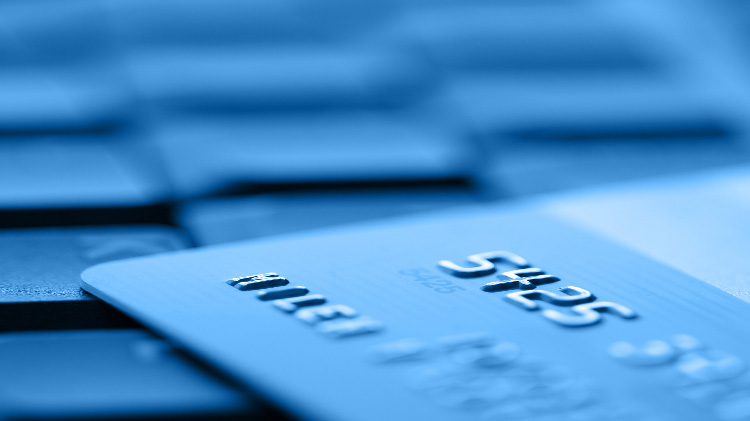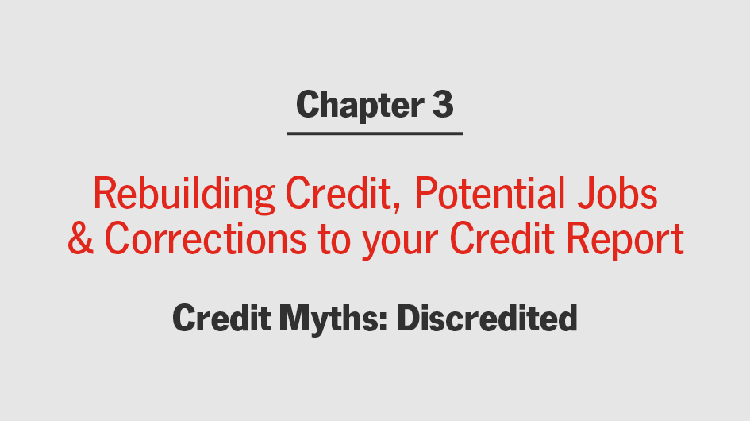Should I close my credit card after paying it off?
Keeping an old credit card open can improve your credit score, but only if you can avoid the temptation to spend.
Is it better to cancel unused credit cards or keep them?
By leaving an old credit card open, while using it responsibly, you can maximize its positive effect on your credit history.
You finally paid off that pesky credit card balance. Congrats! Maybe that debt feels like it's been weighing you down since college. Or, maybe a spontaneous retail store card that scored you 20% off of a new summer wardrobe got a little out of hand (so worth it…at the time). But now that balance is paid off. Huge sigh of relief; no more APR anxiety. Now what?
"So, should I close my paid-off credit card?" you ask. Well, consider this first. As you move on from old credit habits, you might be inclined to totally stop using a line of credit, or to cancel the card all together. Not so fast. That plastic can positively impact your credit score in the long run, by helping you to climb higher on the credit ladder and top your high-score, even if you're not using it regularly — but only if you're able to avoid the temptation of over-spending .
Is it bad to have a credit card you never use?
An open, active card (with a low-to-no balance) can help your credit score two ways by positively impacting:
- The length of your credit history
- Your credit utilization ratio (a fancy way of saying how much credit is available to you compared to how much of it you're using)
By leaving a card open, and never or rarely using it, you're maximizing its positive effect on your credit history.
How does it help my credit score?
Think of your credit score as a good salad: it's made up of five ingredients (35% payment history, 30% utilization ratio, 15% length/age of credit history, 10% credit mix, 10% number of inquiries); any one spoiled ingredient can ruin the whole thing.
An active credit card used occasionally can help you maintain and improve your credit score by positively impacting a couple key aspects of your credit history. BUT (there's always a but) remember; you want to strive for balancing all aspects of your score. That's why using credit strategically and responsibly is so important. These good credit use habits will help you save money and pay less interest in the long run, and your good score results will benefit you in the future when the bigger buys (car, home, starting a business) come your way.
If you're someone who wants to maintain or improve your credit score (read: everyone), here's some ways you can continue to use that line of credit to your advantage to keep your credit score climbing.
What are some credit tips?
- Use your card only to pay for small, re-occurring charges (like a gym membership or cellphone bill), but nothing else. This way you'll keep the credit card active and in good standing, while continuing to build positive credit history. Added bonus: paying the card off in-full, on time each month shows your ability to pay. Just remember, if you're tempted to overspend when you've got plastic in your pocket, you might want to do this in combination with the next two bullets.
- Ice your card. Yes, you can literally ice your card. Freeze an old (but still open/active) card in ice so you'll have to wait for (or work for) it to thaw in order to use it for an impulse purchase. That'll give you some time to think about if you really need that sweet pair of ($$) kicks on a flash sale, or if you'd rather invite friends over to grill out on your deck instead of going out for a spontaneously spendy dinner on the town.
- Remove your card info from any websites where it's saved to your account. The harder it is to go on an online shopping spree (the sales are good, we get it), the better. You may be less likely to cave to an impulse purchase if you have to go find the card, remember your account username/password and manually type all the card info in.
What now?
Your credit score is three little digits that have a big impact on your future — mortgage rates, car loans and other responsibilities — so think twice before you close it forever. Just remember, priority No. 1: keep your spending in check and use that credit access strategically and responsibly.




